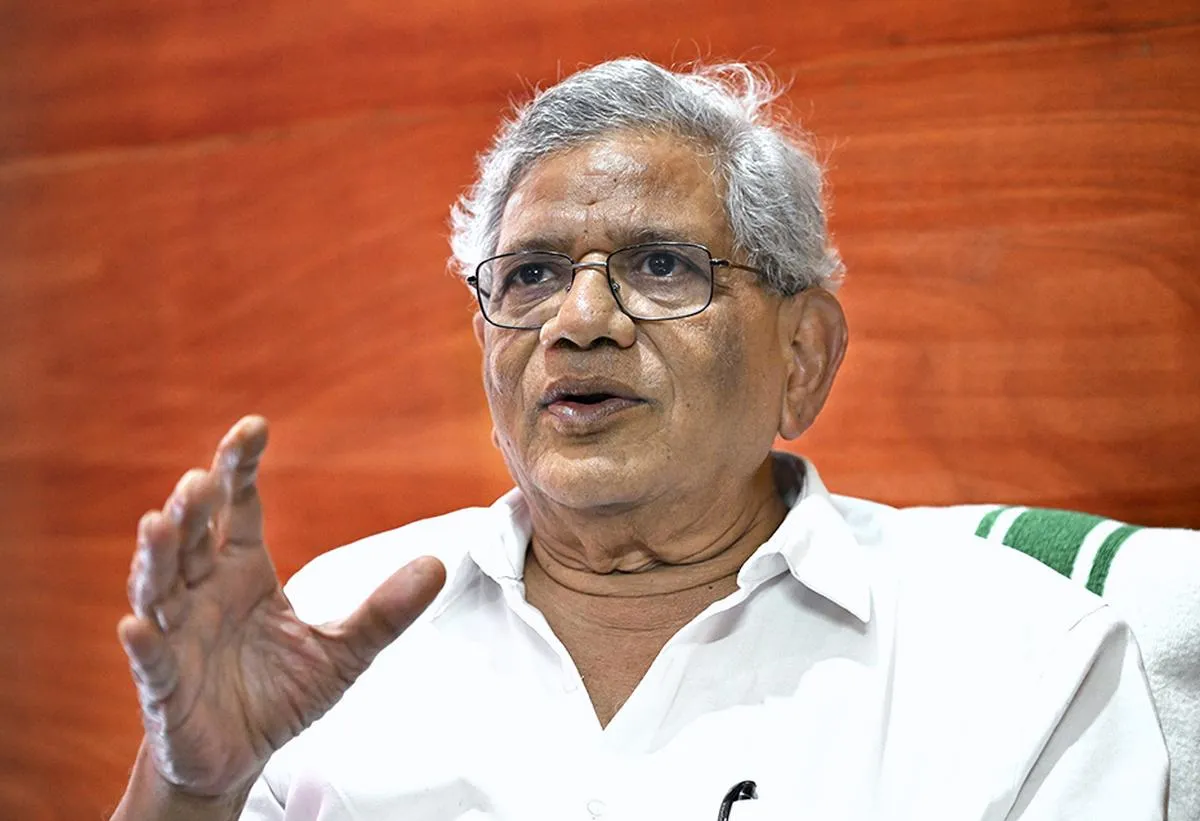
Date: September 12, 2024
CPI(M) Leader Sitaram Yechury Passes Away at 72
Sitaram Yechury Passing and Medical Struggles
Sitaram Yechury, a veteran leader of the Communist Party of India (Marxist), has passed away at the age of 72. He had been admitted to AIIMS, Delhi, where he was undergoing treatment for a severe respiratory infection. Yechury had been in and out of hospitals in recent months due to deteriorating health. Despite receiving intensive medical care, his condition worsened, and he failed to respond to treatment. The doctors confirmed his passing earlier today, leaving a profound impact on his family, party members, and political circles.
A Political Journey Spanning Decades
Yechury’s political career began in his student days when he joined the Students’ Federation of India (SFI), the student wing of the CPI(M). His leadership qualities quickly shone through, and he soon rose to the ranks of the party. In 2015, he was appointed General Secretary of CPI(M), succeeding Prakash Karat, a position he held until his death. During his tenure, Yechury became a central figure in guiding the party through electoral challenges and maintaining its ideological core.
Yechury’s leadership helped the party navigate difficult political landscapes, especially during coalition governments. He played a critical role during the National Front government led by V.P. Singh and the United Front government in the late 1990s. His deep understanding of both party ideology and national politics made him an influential voice in Leftist politics.
Contributions to Policy and Governance
Yechury was not just a party leader; he was also a sharp policy maker who advocated for the rights of the working class and marginalized communities. Known for his strong opposition to neoliberal economic policies, Yechury fought for reforms that would benefit the common people. His efforts in Parliament, especially during debates on national security, foreign policy, and economic reforms, were widely respected.
One of Yechury’s most significant contributions was his involvement in the negotiations of the Indo-US nuclear deal, where he took a stand against what he saw as a compromise on India’s sovereignty. His role in opposing the deal showcased his dedication to preserving India’s independent foreign policy and upholding CPI(M)’s core principles. Throughout his political career, Yechury advocated for secularism, social equality, and government accountability.
Challenges and Criticism Faced
Though Yechury was widely respected, he faced his share of challenges. Under his leadership, the CPI(M) struggled to maintain its dominance in West Bengal and Kerala, losing ground to other political parties. The internal disagreements within the CPI(M) also tested his leadership, but Yechury remained steadfast in his commitment to the party’s ideology. Despite these obstacles, his contributions to national and international debates ensured his place as a respected statesman.
Personal Life and Legacy
Sitaram Yechury is survived by his wife, Seema Chishti Yechury, and their two children. His personal life was marked by simplicity and dedication to public service, a trait he carried throughout his political career. Despite the pressures of being in the political limelight, Yechury maintained a close connection with his family and upheld strong personal values.
As a political leader, Yechury will be remembered for his sharp intellect, powerful speeches, and ability to articulate the struggles of the common man. His passing marks the end of a political era, but his legacy will live on through his work for social justice, equality, and the rights of India’s marginalized communities.
The Future of CPI(M) Without Sitaram Yechury
Yechury’s death raises questions about the future of the CPI(M) as it faces new challenges in an evolving political landscape. With a generation of leaders like Yechury gone, the party will need to navigate the future while staying true to its core principles. His passing will certainly leave a leadership void that will be difficult to fill. However, his legacy and contributions will serve as a guiding light for future generations of leaders within the party.